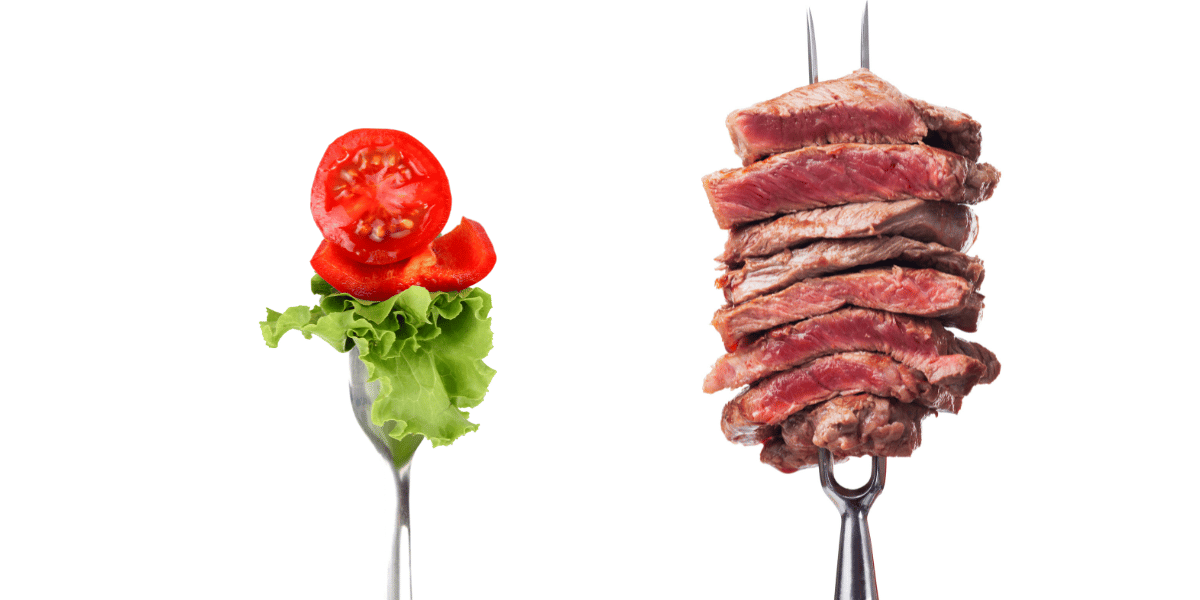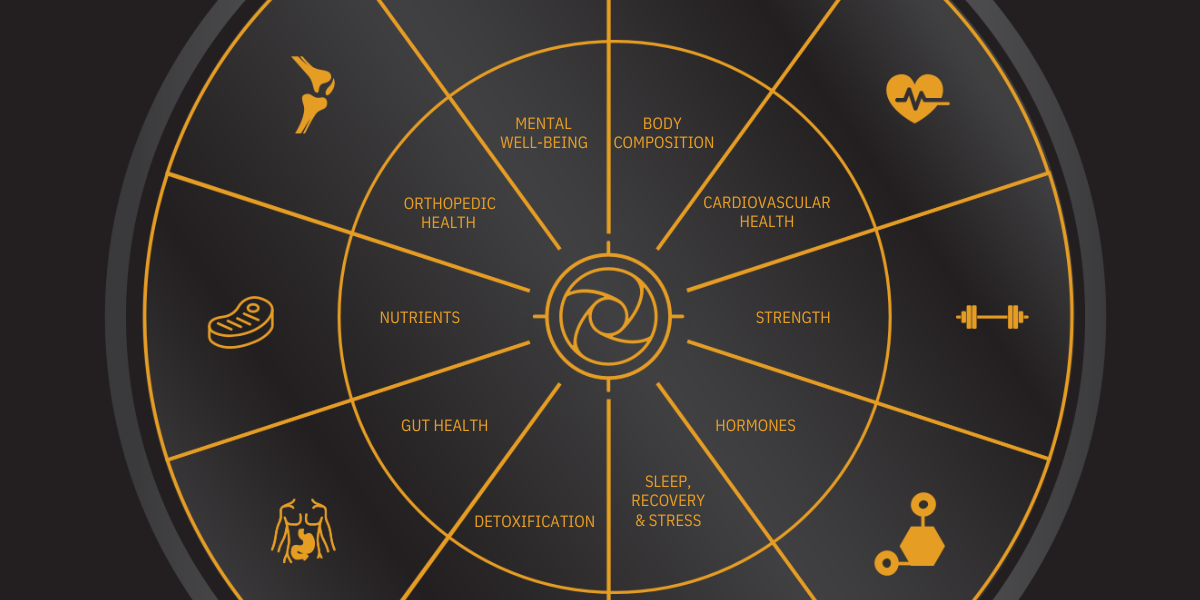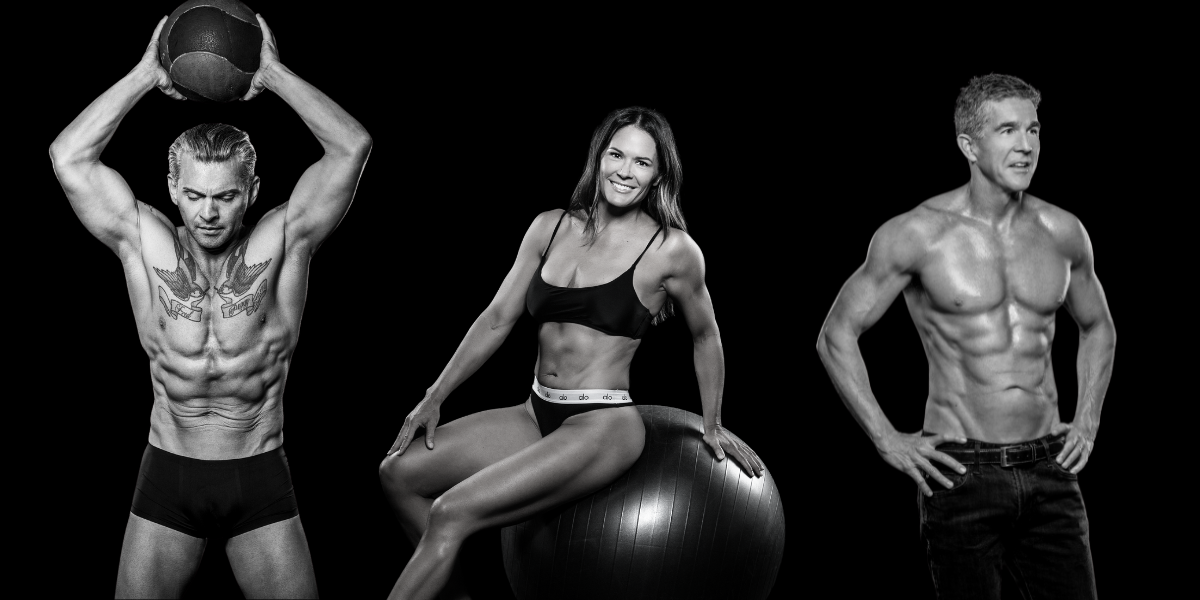Understanding the Wheel of Health: Stark's Comprehensive Approach to Well-Being
At Stark, we believe that true health encompasses far more than just physical fitness. It's about achieving a harmonious balance across all aspects...
.png?width=70&height=70&name=Stark_LogoMark%20(1).png)
2 min read
 Stark
:
Feb 12, 2024 5:59:48 PM
Stark
:
Feb 12, 2024 5:59:48 PM

The trending Netflix documentary 'You Are What You Eat: A Twin Experiment' has stirred not only curiosity but a storm of opinions across dinner tables and social media posts. The twin study is both captivating and controversial, raising questions not only about our dietary choices but also about the methods used to deliver these eye-opening results.
The documentary raises important concerns about the nutritional content of omnivorous diets. Citing risks associated with different types of meat, including high amounts of saturated fats and links to colon cancer, it makes a strong case for the vegan alternative. If you're not careful about your meat and dairy choices, they claim, you might well be serving yourself a dangerous platter of hormones, chemicals, and concealed health risks. This is one point we couldn't agree on more.
Wild-caught salmon is vastly different from mass-produced farm salmon both in macro and micronutrients, just as the saturated fat-laden beef patty from a fast-food chain is hardly comparable to organic, grass-fed beef.
A distinction that gets lost in the show's generalizations, however, is the failure to apply this concept across all diets — just like an omnivorous diet, a vegan diet featuring primarily low-quality food can pose more health risks than diets that prioritize nutrient-dense, organic food. Ultra-processed dairy substitutions or fake meats can present just as much of an issue when eaten in excess as mass-produced meat. It is exactly this reason that Stark encourages people to seek whole, organic food sources, regardless of any dietary restrictions. Not only do these foods lower the risk factor of contamination, but they also contain significantly higher nutritional values.
However fascinating, it is important to note that the study itself is not exactly the gold standard for scientific evidence. As we dive into the findings, a number of red flags emerge that warrant some amount of consideration, particularly when it comes to the study's ultimate outcomes. Firstly, the duration of the experiment—an eight-week blitz through the dietary habits of 30-something twins— is not exactly a significant timeline to measure the effects of a lifetime of eating habits. Sure it provides an interesting snapshot, but leaves much to the imagination when it comes to the long-term effects of either diet.
Furthermore, the lack of specified food intake during the second half of the study calls into question the control and precision of the research. While the first half of the study offered regulated meal preps, participants cooked for themselves during the last four weeks without guidelines to match the caloric intake of either group. Data without controlled variables is akin to a compass without a needle; it points in various directions, rendering any conclusions from the second dieting period unreliable at best.
The Netflix documentary creates dialogues about our food consumption and the power of diet to shape our health. It prods at the issue of misinformation in the food industry and the vital need to choose our meals consciously, doing due diligence on their origins and production methods.
While we were pleasantly surprised that some of the conversations that unfolded from this documentary were well-researched and accurate, the study itself raised more questions than confidence in their results. It packages sensational data points while sidestepping the nuance and complexity of food science and the web of factors that influence our eating habits and health outcomes.
As we digest the information served to us, it's critical to chew over the facts carefully and not swallow them whole. Ultimately, Stark believes dietary choices should be guided by individualized, well-informed decisions rather than the sweeping generalizations offered in 'You Are What You Eat.' If you need help better understanding how to optimize your nutrition, know that Stark's team of Health Coaches are always here to help!

At Stark, we believe that true health encompasses far more than just physical fitness. It's about achieving a harmonious balance across all aspects...

Any goal you set should be accompanied by a detailed plan on how to accomplish it. However, in order to create a plan, you have to know your...